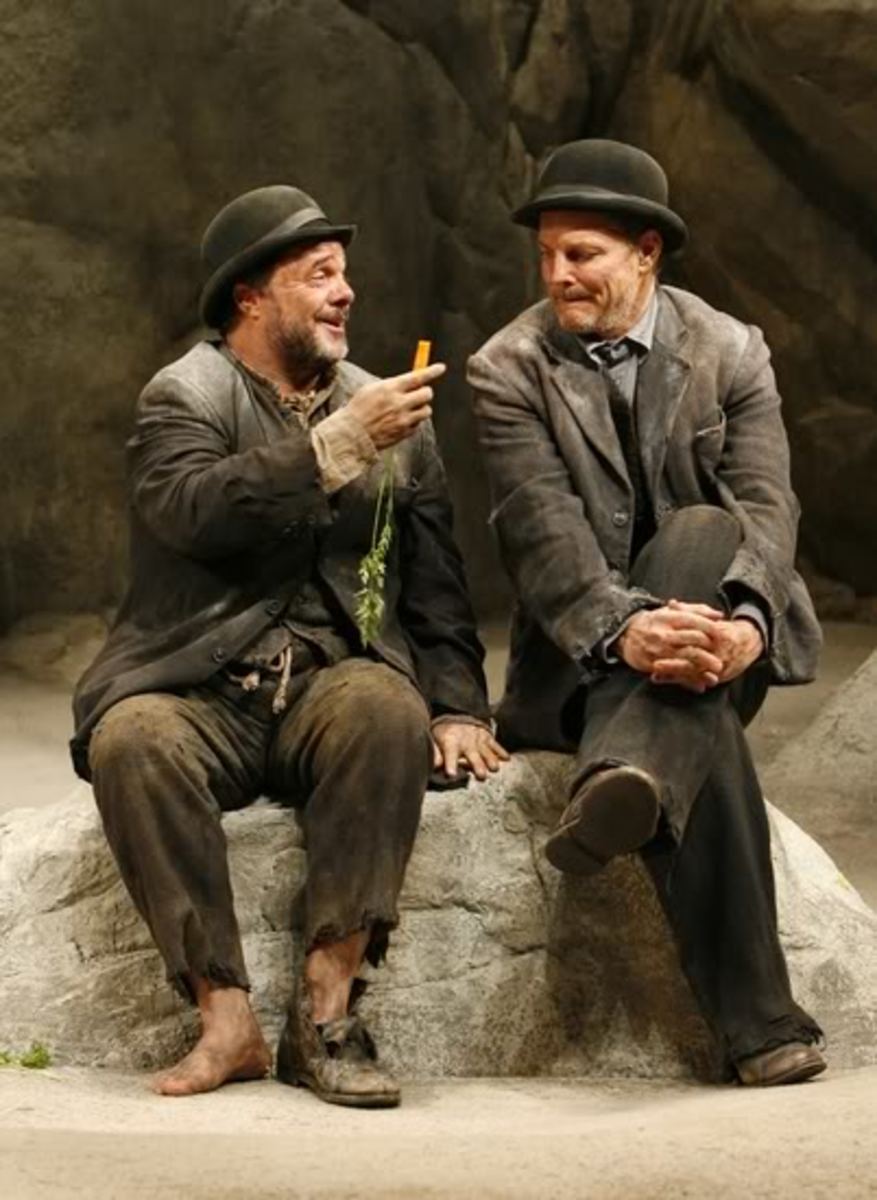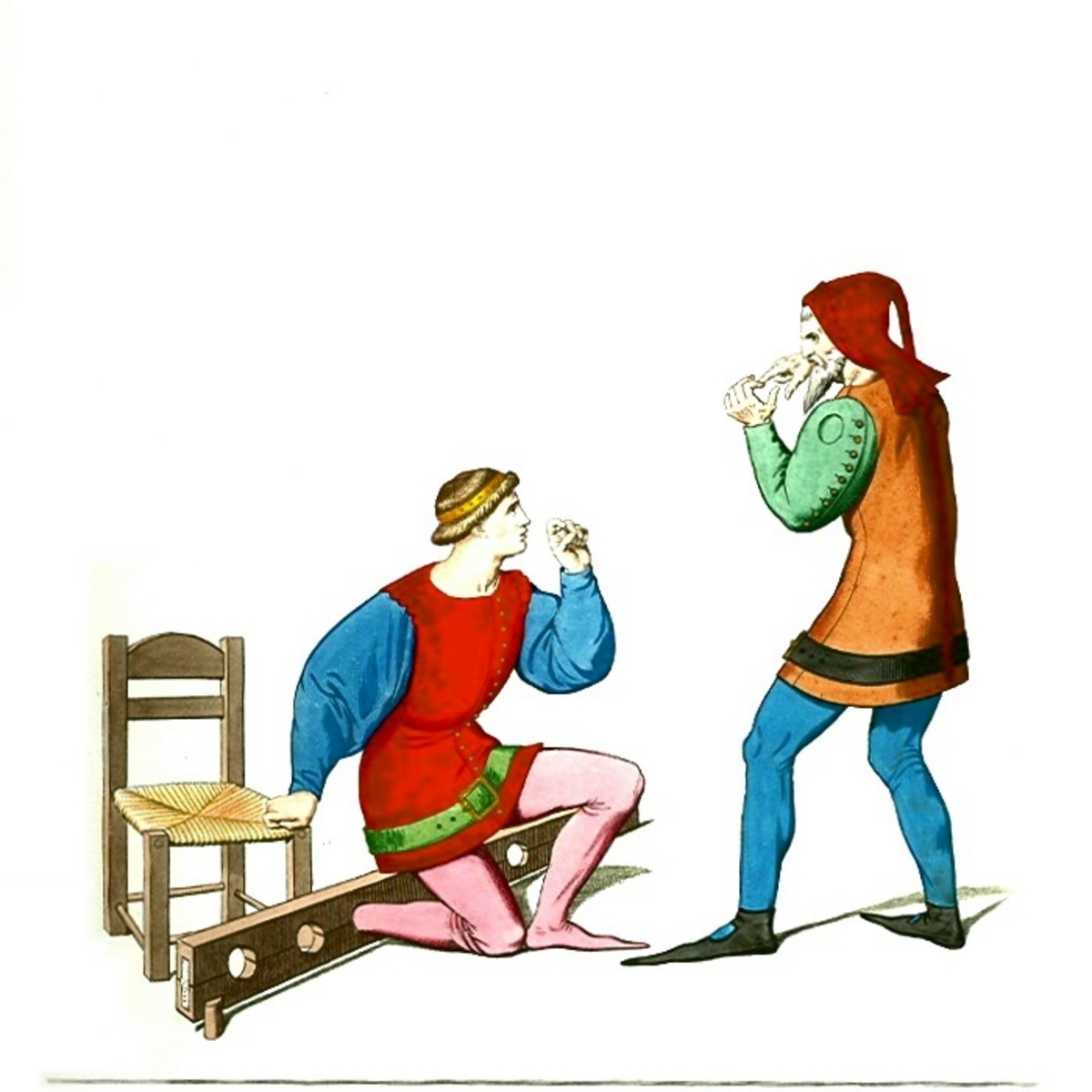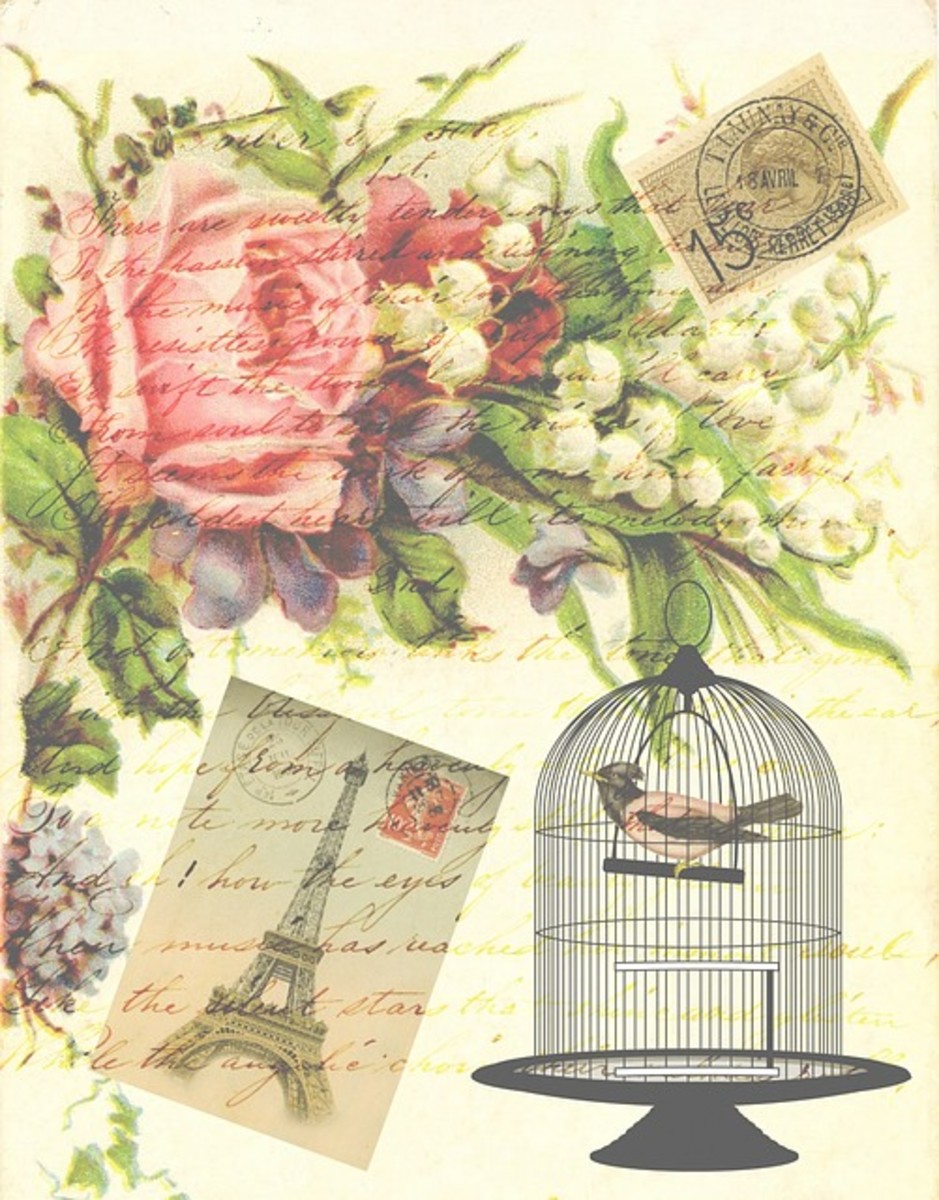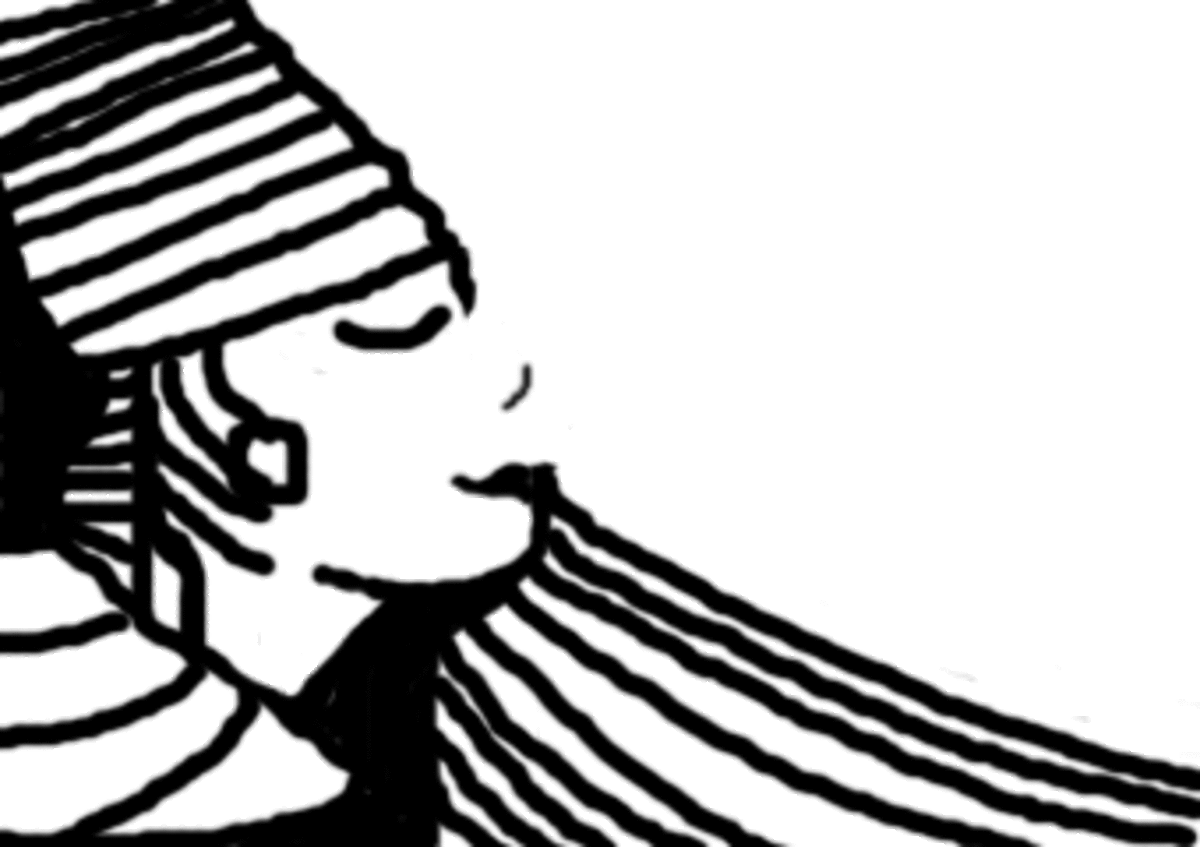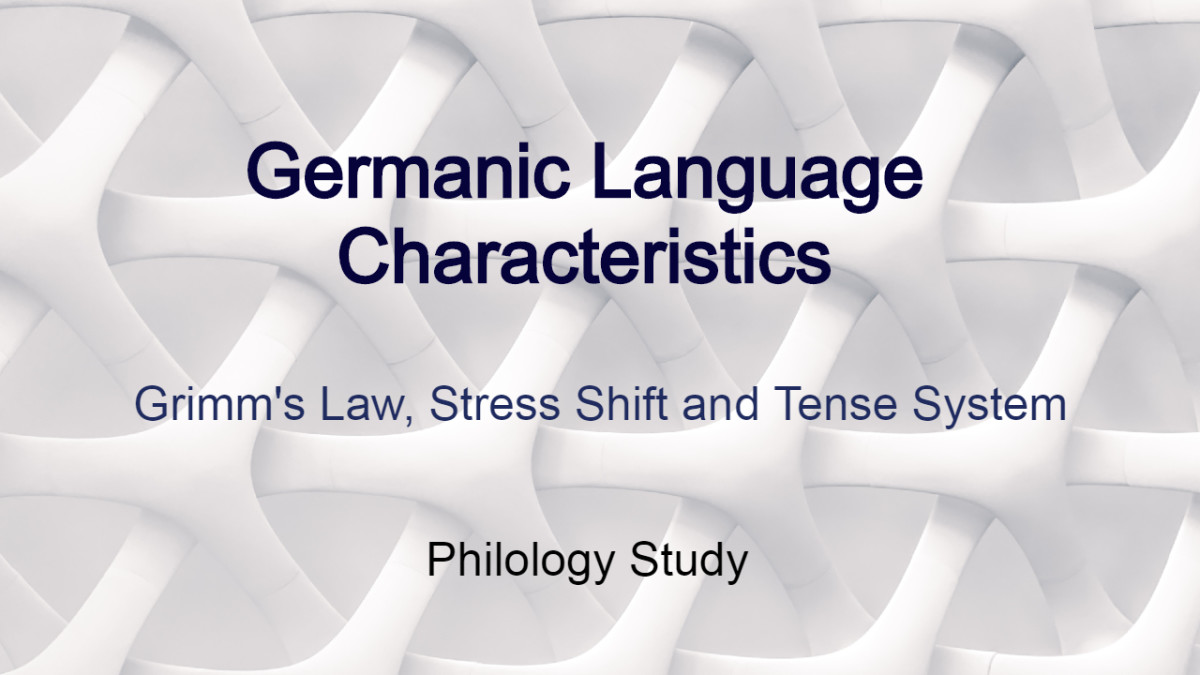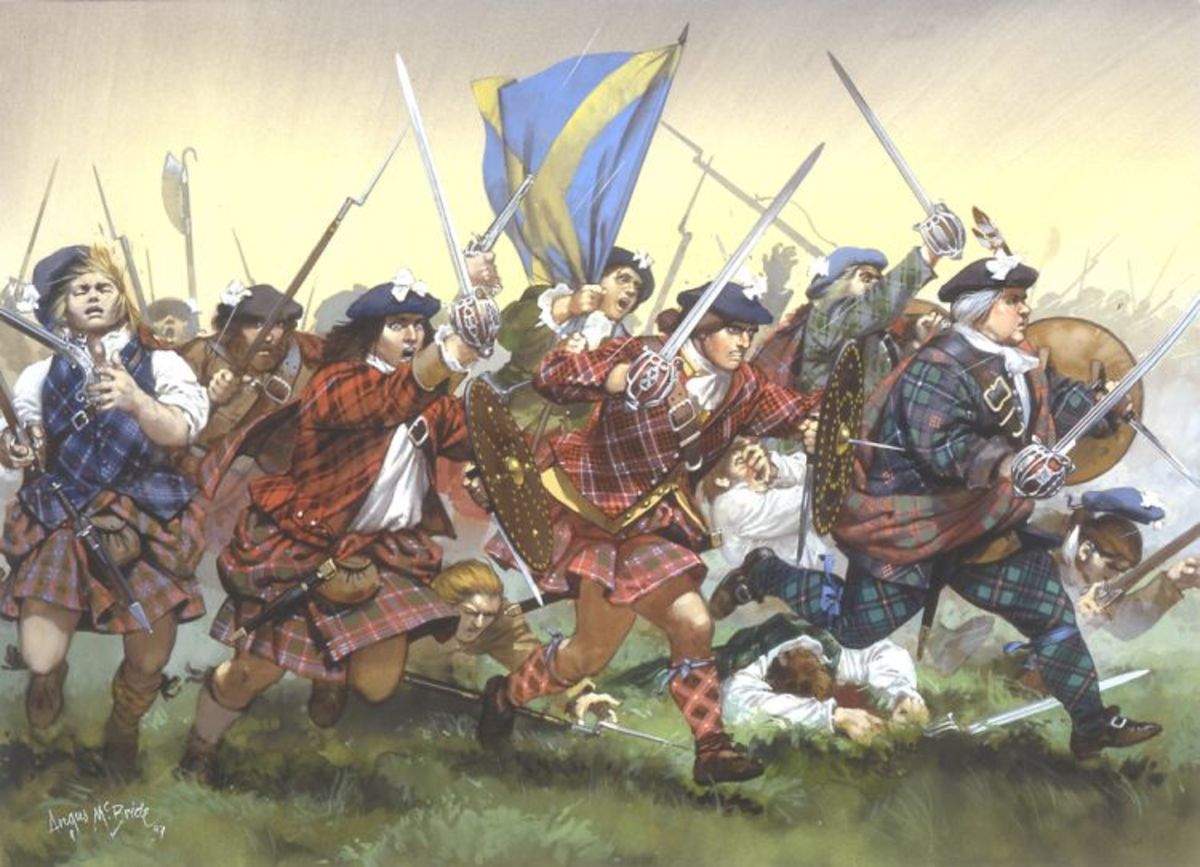What’s In A Special Name?
Pollyanna
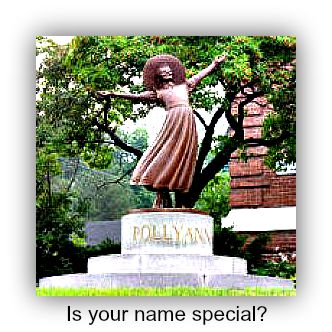
What’s in a special name
What’s in a name? That is, if you have a special name. I came across a website that writes about fascinating words in the English language. There are so many words that I have never heard of. And many of those words have equally fascinating meanings and origins. There are also personal names that have evolved into special meanings. That particular website described the names of five personalities denoting optimism and pessimism. I have added three more from my personal knowledge denoting hilarious meanings. I sincere hope that you got the perfect name, otherwise you will be in trouble, like me!
If one has a very fantastic special name, one would be happy for the rest of one's life. On the other hand, if one has a ridiculous special name, one suffers from ridicule and embarrassment. As for me, I have a very unusual and hilarious name which I hated all my life. i shall write about this terrible name at the end of this article.
Micawber
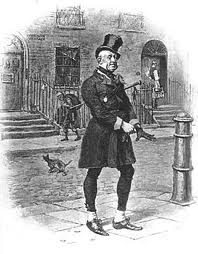
Dr. Pangloss
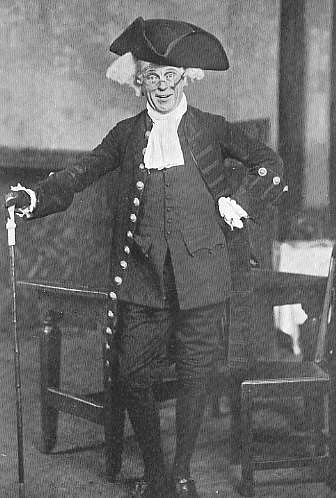
Jeremiah
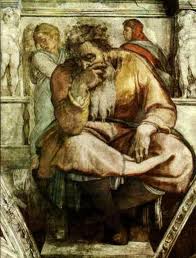
Cassandra
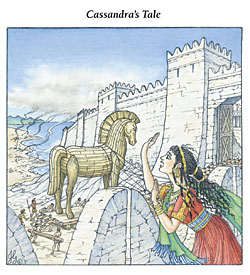
Names that have come to mean optimistic or pessimistic
Pollyanna :
She was the main character in Eleanor Porter’s 1913 novel simply called “Pollyanna”. Her full name was Pollyanna Whittier, and she was characteristically an ever cheerful and optimistic person. She would encourage everyone to find something in their lives to be glad about. She taught others to play the “glad game” no matter what disaster befell them. As far as she was concerned, everyone should be happy and optimistic.
So “Pollyanna” has become a noun meaning “a naively cheerful and optimistic person”.
Micawber :
He was the incurable optimist in Charles Dickens’ 1850 novel “David Copperfield”. His full name was Wilkins Micawber. His strategies were to make lots of money, but despite his failure to do so, he remained forever hopeful.
So “Micawber” has become a noun meaning “an eternal optimist”.
Pangloss :
Dr. Pangloss was a character in Voltaire’s 1759 novel “Candide”. Pangloss blindly believed that whatever happened in this world was for the betterment of mankind. This is his famous quote: "All is for the best in the best of all possible worlds".
So “Pangloss” has become a noun meaning “One who is optimistic regardless of the circumstances”. And an adjective meaning “blindly or unreasonably optimistic”.
Jeremiah :
He was a Hebrew prophet, who prophesized the fall of the kingdom of Judah. His writings were recorded in the Book of Jeremiah and the Book of Lamentations.
So “Jeremiah” has become a noun meaning “one who complains about almost everything and ever fearful of future disasters”.
Cassandra :
She was the daughter of the Trojan king Priam, in Greek mythology. Apollo enabled her to see the future, but later advised others not to believe her, in retaliation for Cassandra not loving him. It was Cassandra who forewarned of the Trojan Horse but her warning was ignored.
So “Cassandra” has become a noun meaning “one who prophesies disaster but is unheeded.
William Heath Robinson
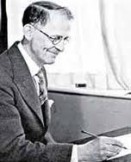
Reuben Lucius Goldberg
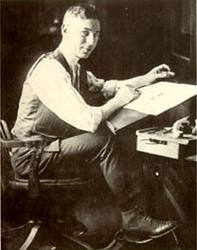
Robert Storm Petersen
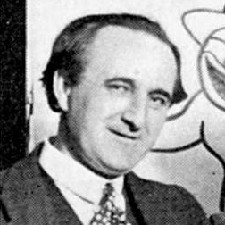
Names that have become funny and hilarious
William Heath Robinson(1872 – 1944) :
He was a famous English cartoonist and illustrator, often producing drawings of eccentric machines. Simple mechanisms that were being made unnecessarily complex and complicated.
Reuben Lucius Goldberg (1883 – 1970) :
He was an American cartoonist, sculptor, author, engineer and inventor, sharing similar wits with Robinson to produce illustrations of seemingly simple gadgets into complex and complicated machines.
Robert Storm Petersen (1882 – 1949) :
He was a Danish better known under his pen-name “Storm P”. He too was a cartoonist, illustrator, writer, painter and humorist. He too belonged to the same genre as the above two gentlemen, drawing cartoons depicting complicated machines performing simple tasks.
From the above three gentlemen, we have English words “Heath Robinson”, “Rube Goldberg”, and “Storm P”. All nouns having similar meaning “denoting things that are unnecessarily complex, implausible contraptions, or temporary fixes with tapes and strings”.
And now about my unusual and hilarious name
I slowly began to realize that my name was unusual when my friends in school started to make fun of my name. That was a very long time ago. From then on, I hated my name. As a mark of respect for my father who was solely responsible for my life's predicament, I never told him that he made the greatest mistake in his life by giving me such an idiotic name. Now that both my parents are not in this world anymore, I can cry out loud.
In our country, all names are officially printed in the English alphabets when birth certificates are issued. My father actually gave me quite a nice sounding name in Mandarin Chinese, the official language of China. However, we pronounce our name in our own dialect which is not similar with Mandarin, and here comes the big problem for me. I have suffered all my life especially in school when I was subject to ridicule and made fun of by schoolmates. This had left a big scar in my personality and character. I suffered from irreparable loss of self-confidence and always felt embarrassed when my name was called, especially in public places. Now that I am an old man, I don't much care anymore; but honestly, when my name is being called again in public, I still have the shivers!
What's in my name? "Good Guy". I love this name "Good Guy" (LOL). But not my idiotic registered name : "Choo Boo Choo" in my Hokkien dialect ( 朱 武 子 ). Well, go on laughing, I can't hear you!! Not only it sounds weird, the spelling makes people laugh too. As I wrote earlier, my name in Mandarin Chinese sounds all right. In Hanyu Pinyin it is Zhu Wu Zi, or for those who are not familiar, it is roughly pronounced as Chu Wu Tze. Most Chinese names have meanings. The first name is our surname, then followed by our given name. The meaning of "Boo Choo" is "military child" or "kungfu child".
There is another twist in my name. In our Hokkien dialect my name "Boo Choo" can be mispronounced as meaning "no children". Is this why I don't have biological children of my own because of my given name? My belief is the other way round. Since I was destined not to have children of my own, I was inevitably given this name.
Articles on related topic
After reading this article you may like to read the following articles:
“Word origins from mythological gods”
“Personal names with meanings”
By the way, the website that I mentioned at the beginning can be found HERE.
Link to my other interesting and beneficial articles
If you find this article interesting or beneficial, you may go to my "Profile" page to read my other articles by simply CLICKHERE:
By the way, the copyright to this article is owned by Good Guy. Please do not “copy and paste”! Thank you.


